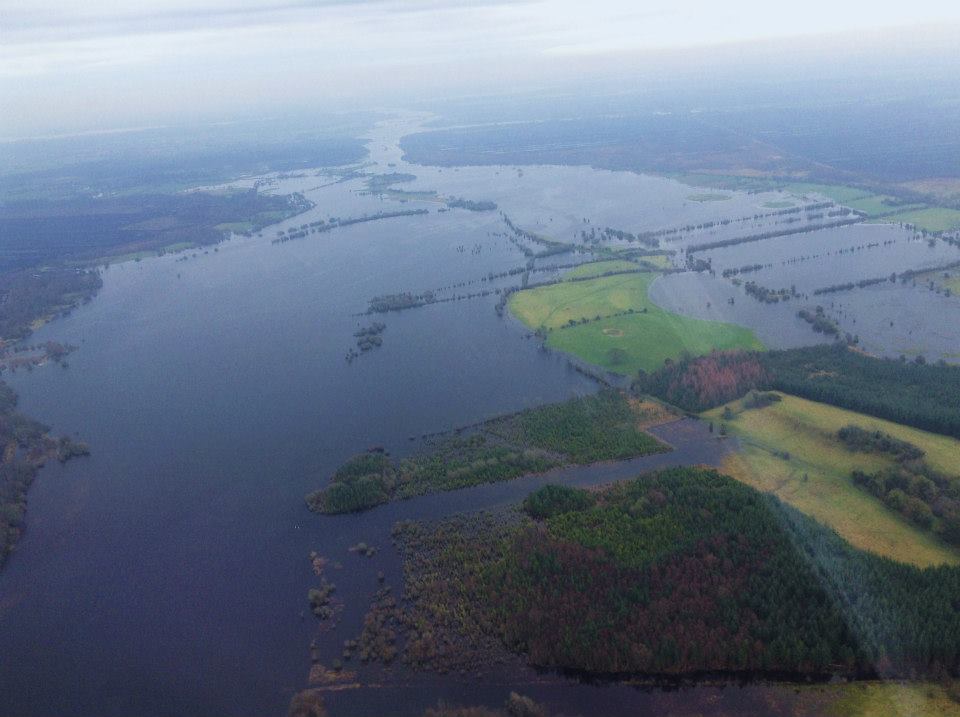Climate smart agriculture will play a pivotal role in feeding at least 9.5 billion people by the middle of this century, but what importance will the second ‘green revolution’ have on producers?
Quite a lot, according to Will Sarni, Colorado-based Director with Deloitte Consulting LLP and leader of its Enterprise Water Strategy practice.
“If you look at the demand for resources in the future, driven by increased population and increased demand for food, energy and water, we will need to be far more efficient in how we use those resources.
“For agriculture, what it comes down to is how do you take data gathering and analytics and turn it into a more effective use of resources, for both public and private sectors. For example, how do you deploy nutrients in a more efficient way?”
Agriculture and food production are recognised as major contributors to climate change and resource consumption, with 30% of global greenhouse gas emissions and 70% of water use coming from the agri-food sectors.
Green Revolution – Saving One Billion People
But before any second ‘green revolution’ unfolds, what and when was the first?
It place in the decades following World War II, triggered not just by a burgeoning developing world but food shortages and rationing across Europe.
Following unprecedented scientific and R&D investment, a number of rapid technological and agronomic advances ensued, including the development of high-yielding varieties of cereal grains and the distribution of hybridized seeds, synthetic fertilizers and pesticides.
It not just transformed agriculture but it is alleged to have saved over a billion people from starvation over several decades.
However, increased water use for irrigation, soil degradation and chemical run-off were just some of the downsides to those advances, leading to a degradation of the agricultural resource base that contributed, in part, to a slowdown in yield growth from the 1980s.
In order to avoid such pitfalls, it is anticipated that the second ‘green revolution’ will allow farmers to access the data to help them make wiser, sustainable decisions.
According to Deloitte University Press – an imprint of Deloitte Development LLC that publishes original articles, reports, and periodicals for businesses, the public sector and NGOs – the second ‘green revolution’ will likely make use of very different tools and techniques.
“It will likely be grounded in the use of data to inform more efficient and effective farming practices and drive associated environmental and social benefits. Technologies such as advanced sensors and monitoring equipment can now allow farmers to monitor crops more precisely and continuously than in the past.
“The data collected by these technologies can enable farmers to make more effective and strategic decisions that increase productivity with reduced impacts on the environment.”
Water Management Without Water Shortage
“We do quite a bit of work for food and beverage companies that have agricultural supply chains,” said Sarni of Deloitte Consulting LLP.
“I’m very involved in those companies and sectors to try understand those water-related risks and how they be mitigated.”
He said one of the key questions is how one drives innovative technology.
“You need to think about the ecosystem and stakeholders in the agricultural sector. More broadly, how do you engage with other stakeholders outside the industry sector? For example, how do you mobilise stakeholders in the power sector to work with the agricultural sector?”
But how much relevance has this to countries like Ireland that so often has too much rain?
“What it comes down to is not really a scarcity or abundance of rainfall but how you manage water, including water re-use. My view is that water is a critical resource for the public sector, driving economic growth, social wellbeing and ecological health,” Sarni said.
“What it comes down to in areas where you have a lot of rain is issues like run-off, or the quality of the water that is being discharged to ground water and how you manage that more effectively will determine water treatment and management costs.”
Sarni added that the millennial consumer increasingly cares about the environmental, social and ethical implications of the brands they purchase, so water stewardship remains central to future prosperity of all producers – not just those in drought-prone regions or nations.
“In my view, who is managing water as a steward increasingly matters to millennials and aspirational consumers across generations. So it is more than a cost issue but one of social cost and social responsibility that consumers also pay attention to.”
